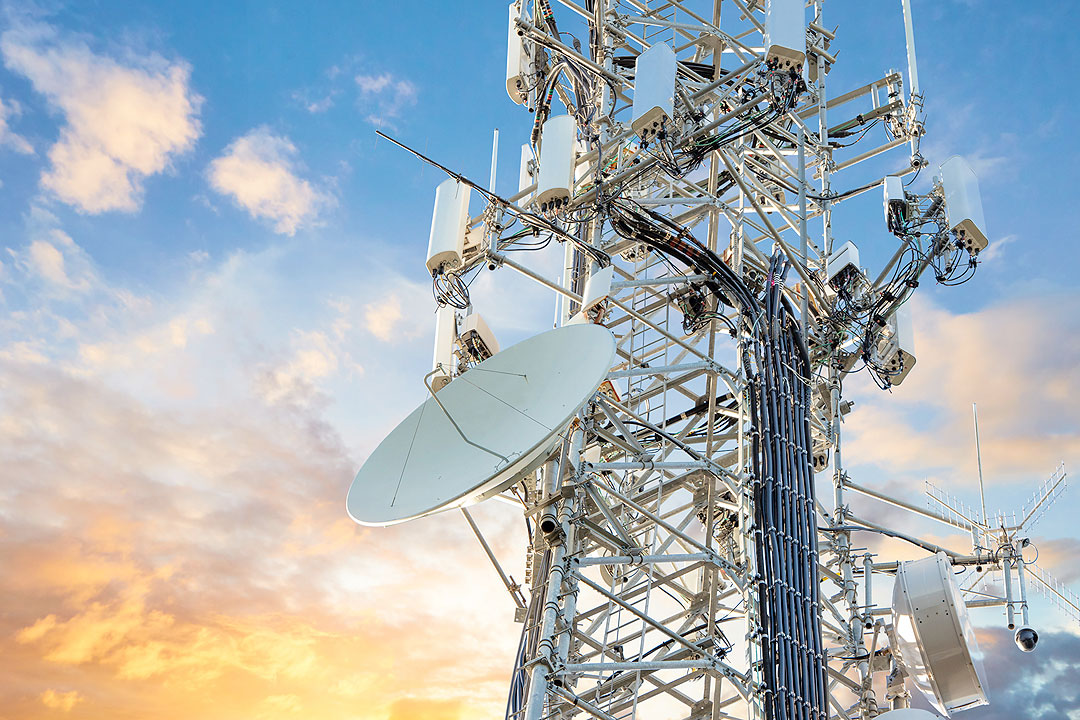Congress ratifies amendments to Public Service Act

Congress on Wednesday evening ratified the bicameral conference committee report of a bill amending the Public Service Act (PSA), which would now allow 100% foreign ownership in telecommunications, airlines and railways.
Under the reconciled version of House Bill No. 78 and Senate Bill 2094, telecommunications, domestic shipping, railways and subways, airlines, expressways and tollways, and airports have excluded from the definition of public utility.
Since these are no longer considered as public utilities, they will no longer be subject to the 40% foreign ownership cap under the Constitution.
Certified urgent by President Rodrigo R. Duterte, the measure will now be sent to Malacañang for his signature.
Lawmakers said the amendment to the PSA bill would open these key sectors to much-needed foreign investment and competition, which would translate to cheaper airfares, lower transportation and shipping costs, and affordable Internet services for consumers.
“Not only will the passage of this measure speed up the country’s economic recovery from the devastating effects of the pandemic, but it will also make our country competitive when it comes to attracting foreign investments which we sorely lack and need,” said Senator Mary Grace Natividad S. Poe-Llamanzares, who led the Senate contingent to the bicameral committee, during the plenary session late Wednesday.
Marikina City Rep. Stella Luz A. Quimbo said the bicameral committee was able to strike a balance between “opening up the economy to more foreign investors, protecting small businesses like jeepney operators, and ensuring that national security is safeguarded.”
Ms. Poe said the liberalization of these industries is not an invitation for foreign countries to take advantage of the Philippines’ resources, adding adequate safeguards were placed to protect national security and sovereignty.
Under the reconciled version, foreign state-owned enterprises are prohibited from owning capital in any public service classified as public utility or critical infrastructure.
Also, the measure prohibits foreign nationals from owning more than 50% of the capital of entities engaged in the operation and management of critical infrastructure, unless his or her country accords reciprocity to Philippine nationals.
The President is also given the authority to suspend or prohibit any proposed merger or acquisition, or investment in a public service that results in giving control to a foreigner or foreign corporation.
The measure also states that “no person shall be deemed a public utility unless otherwise subsequently provided by law.”
Under the measure, the definition of public utilities still includes distribution and transmission of electricity; petroleum pipeline transmission systems; water distribution systems; seaports and public utility vehicles. These will continue to be subjected to the 40% foreign ownership cap.
Senate President Pro Tempore Ralph G. Recto reiterated that he was against the passage of this proposed measure.
“I have no problem with foreign investments, especially when it comes to manufacturing, that’s where we need it the most,” he said. “But I do think that there are certain industries that need to be reserved for Filipinos, and that is consistent also with our Constitution, particularly certain critical infrastructure or industries.”
At the House, Gabriela Party-list Rep. Arlene D. Brosas also objected to the ratification of the measure.
“By providing a limited definition of public utility, this measure exploits the loophole in the 1987 Constitution to allow the circumvention of foreign ownership limits for all other types of public services…Ironically, we are ratifying this measure on the anniversary of the 1987 Constitution,” she said.
SIM CARD REGISTRATION
Meanwhile, Congress also ratified the bicameral committee report on the proposed SIM Card Registration law, which aims to co curb fraud and other crimes aided by subscriber identity module (SIM) cards.
“We hope that by legislating this measure, we would be able to eradicate mobile phone, internet or electronic communication-aided criminal activities,” said Ms. Poe.
The committee agreed to use the House version as the working draft, said Ms. Poe.
Under the approved version, all public telecommunications entities (PTEs) must require the registration of SIM cards as a prerequisite to their sale and activation.
An individual’s real name and phone number must also be provided upon the creation of an account in any social media network.
Data collected from registration will be kept by the respective PTE in a centralized database, strictly serving as a register for the processing, activation, or deactivation of subscription, and not for any other purpose.
PTEs and social media providers must keep relevant data and information for 10 years from the time the end-user deactivates their number or account.
All existing SIM card subscribers with active services are required to register within 180 days from the when the law takes effect. PTEs are mandated to deactivate SIM card numbers not registered within this period.
Ms. Poe said the sale of SIM cards to foreign nationals will be allowed, provided they comply with certain requirements. — Alyssa Nicole O. Tan



